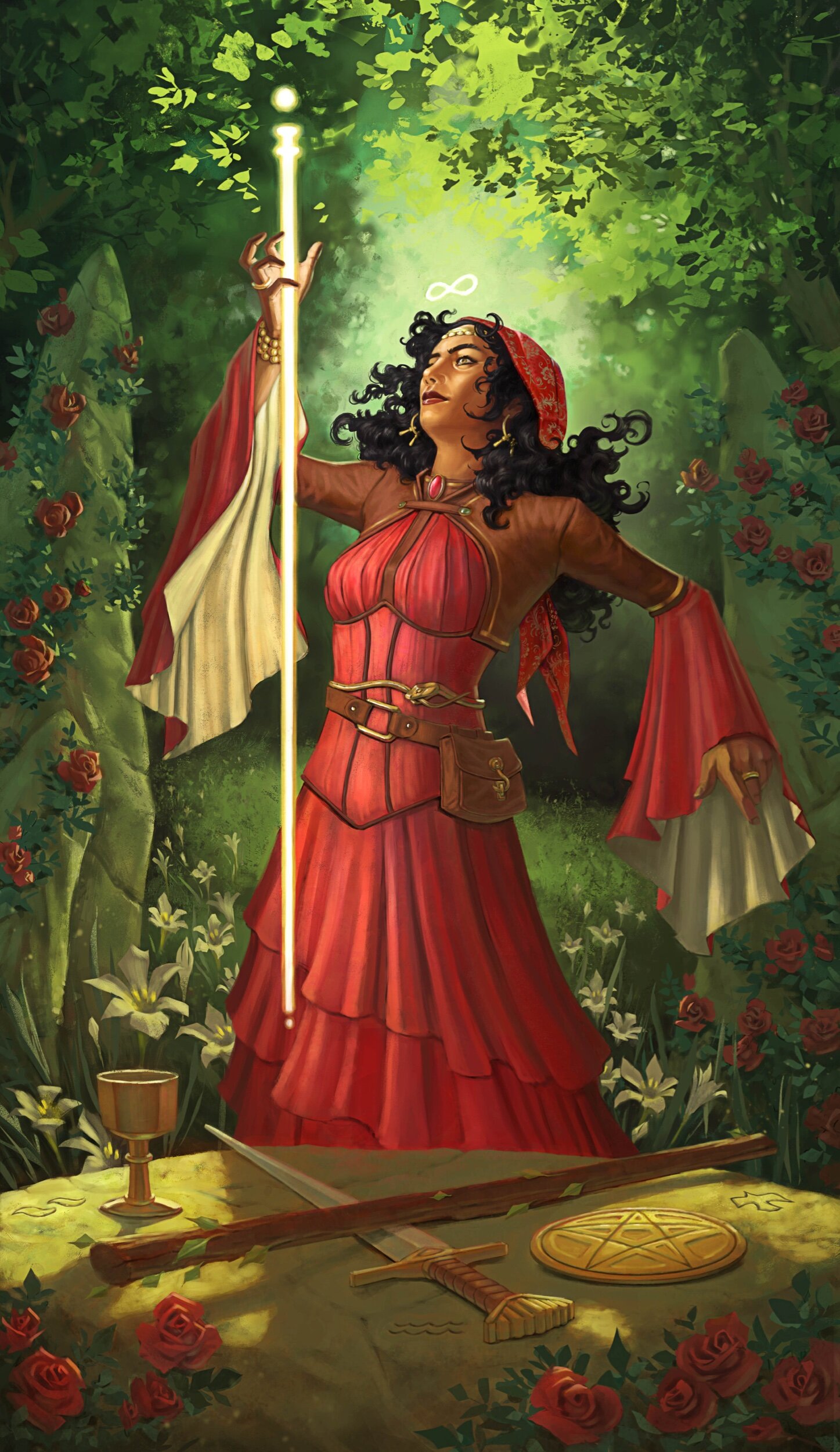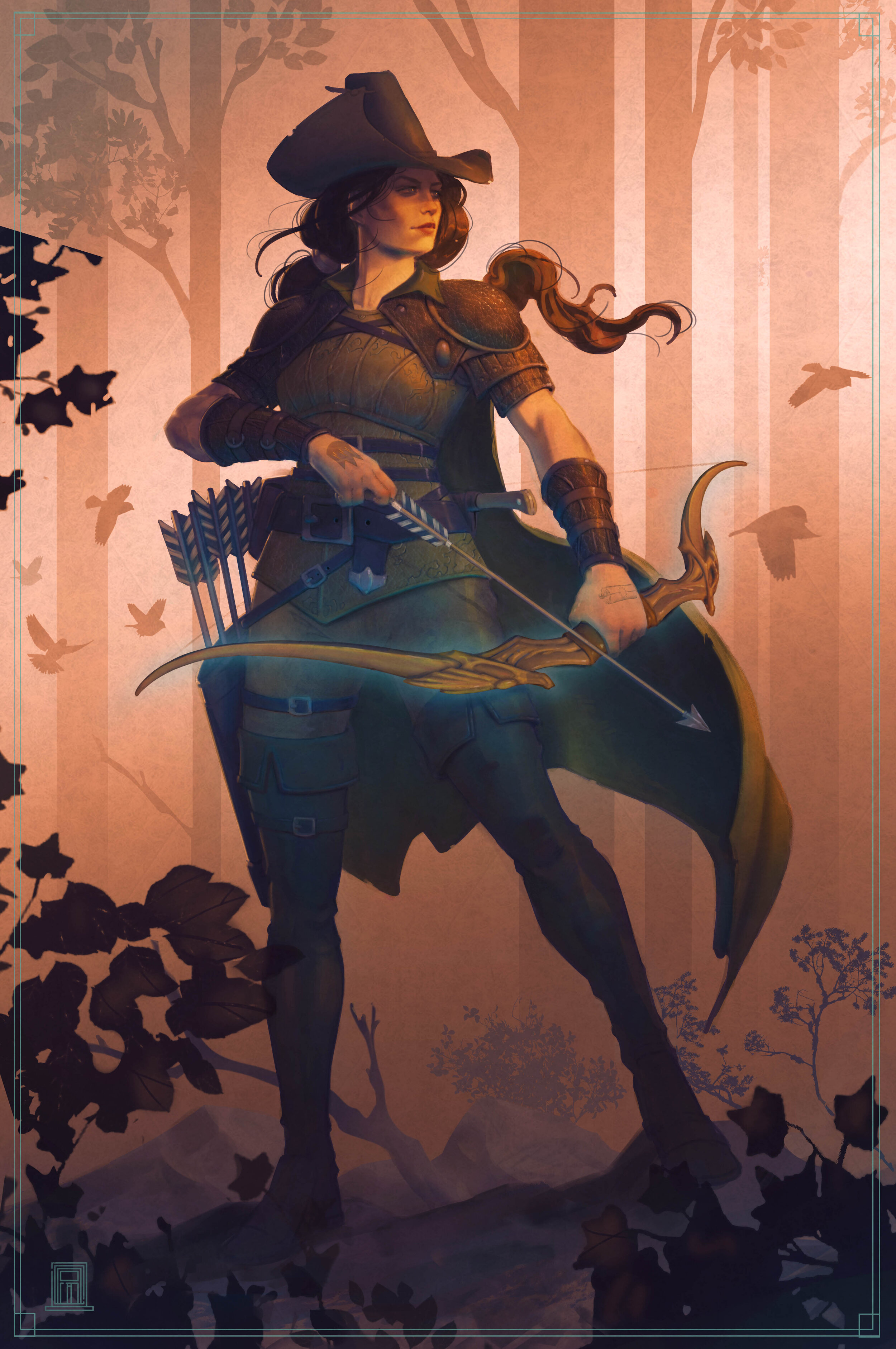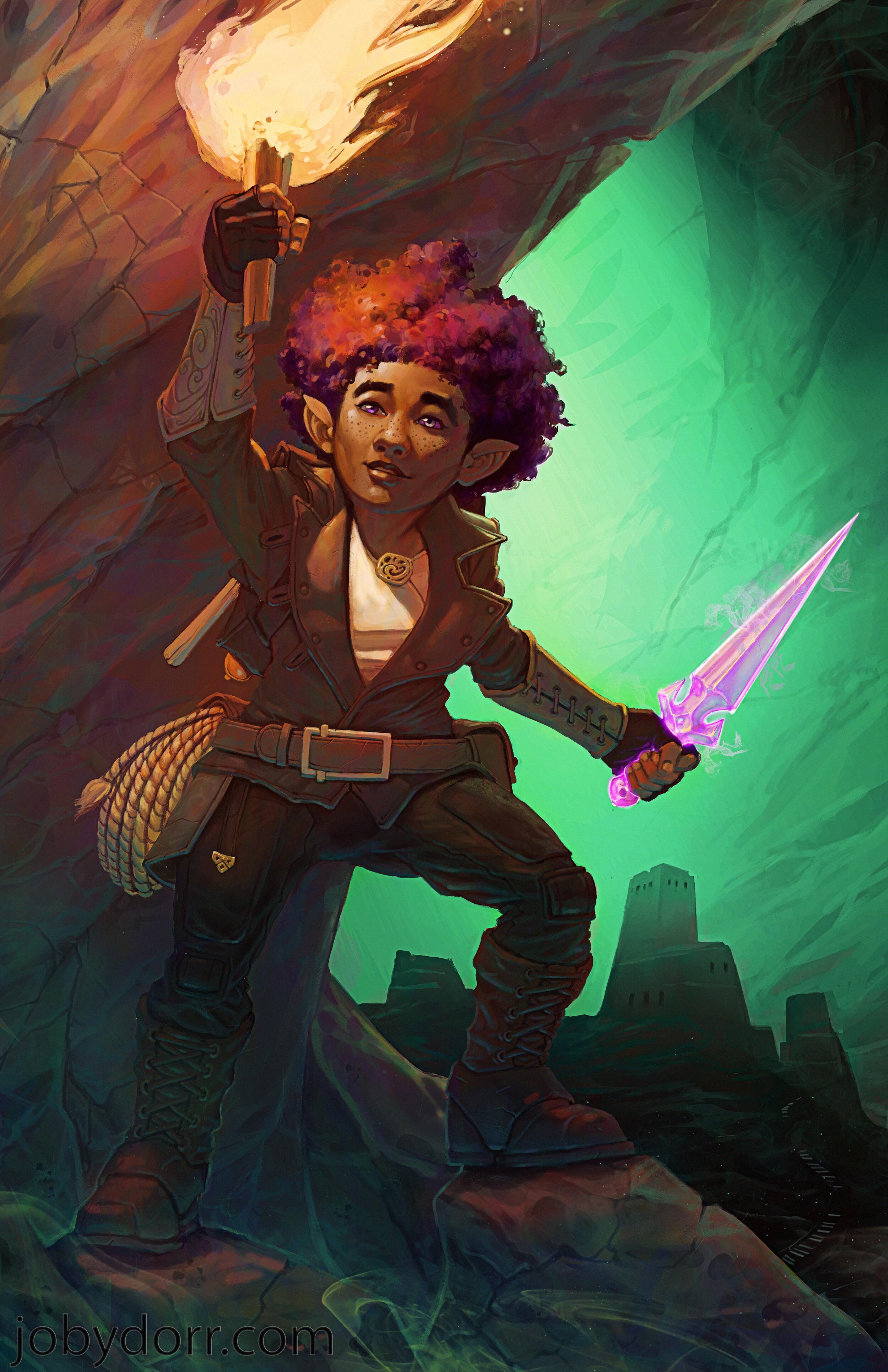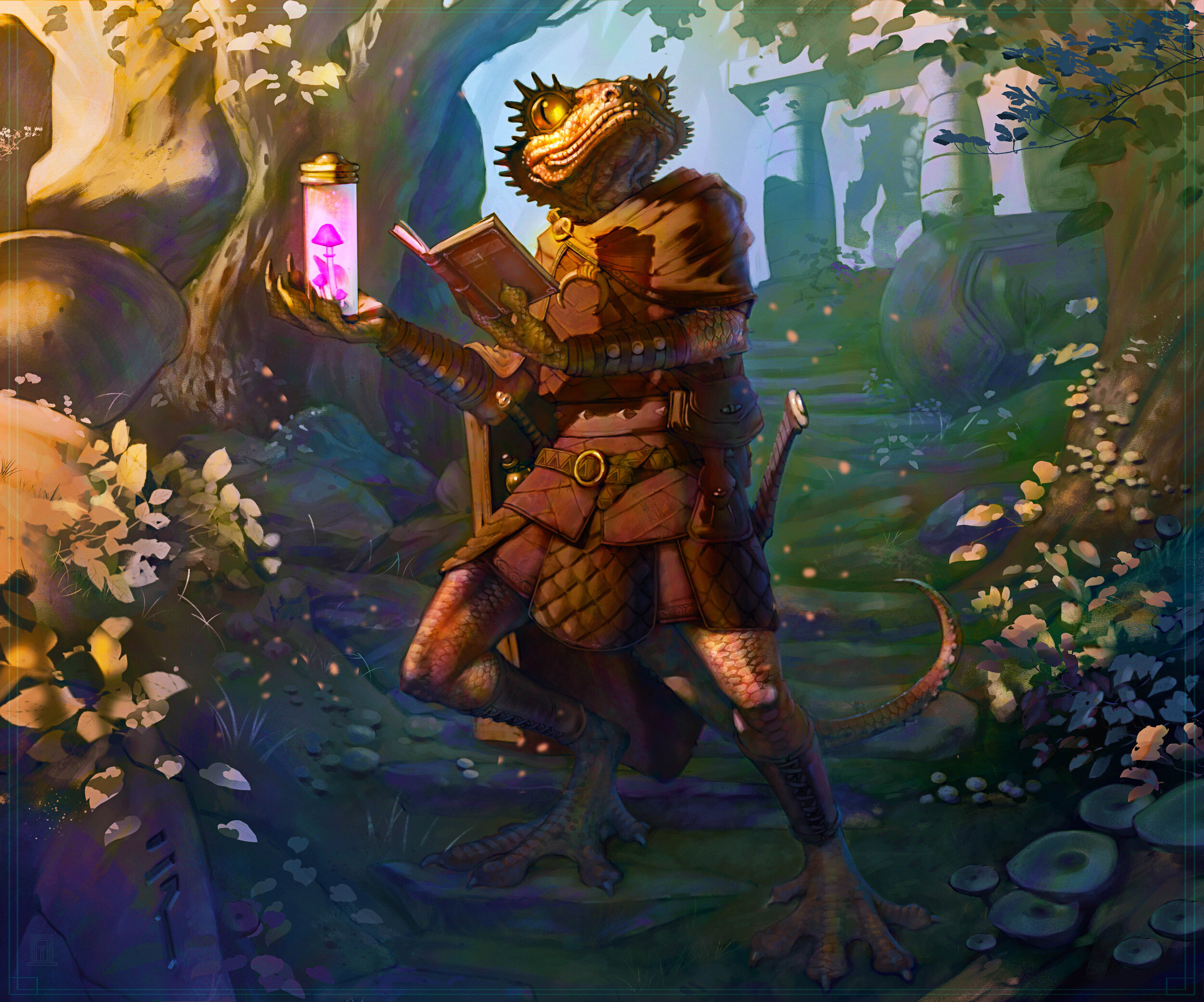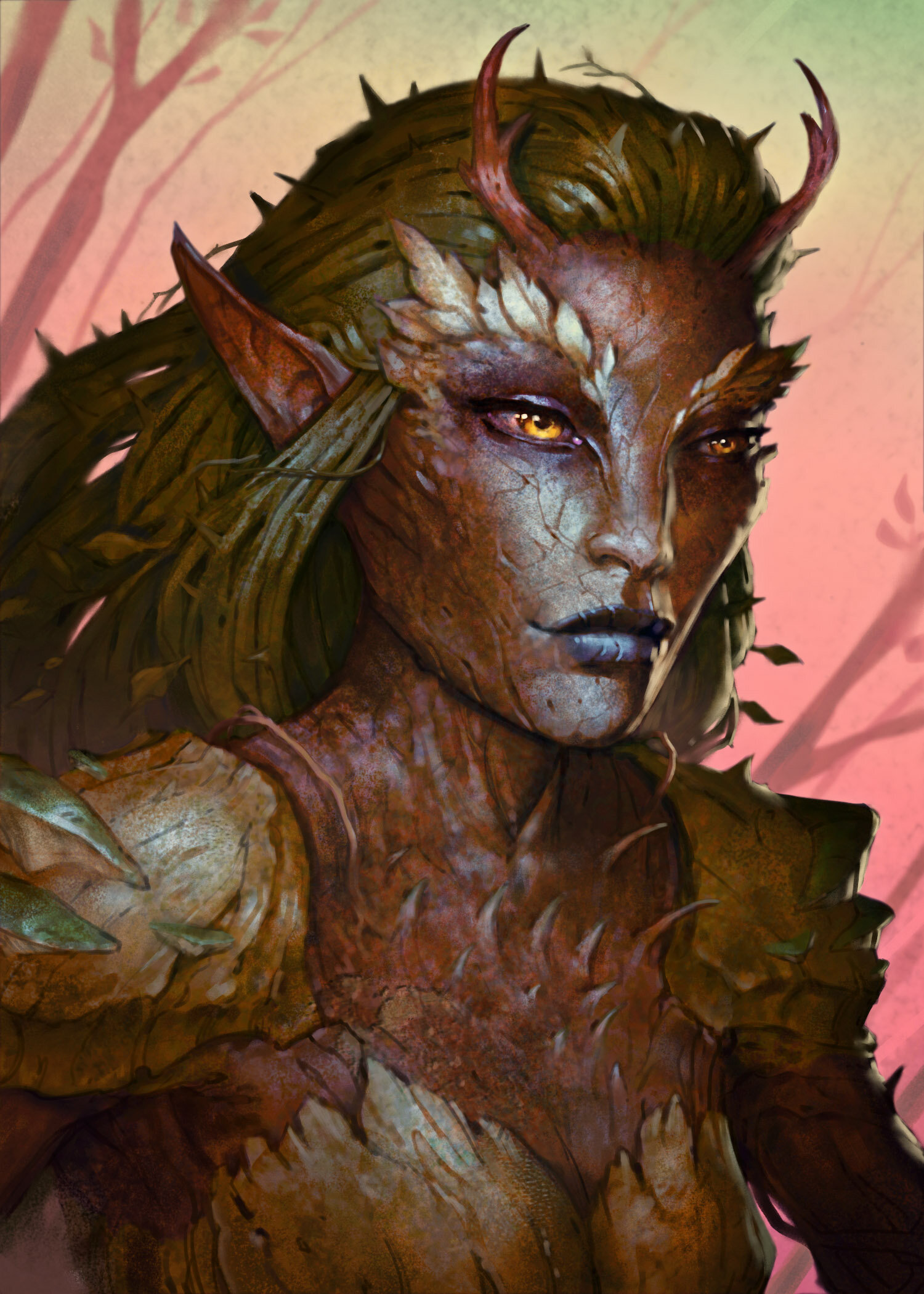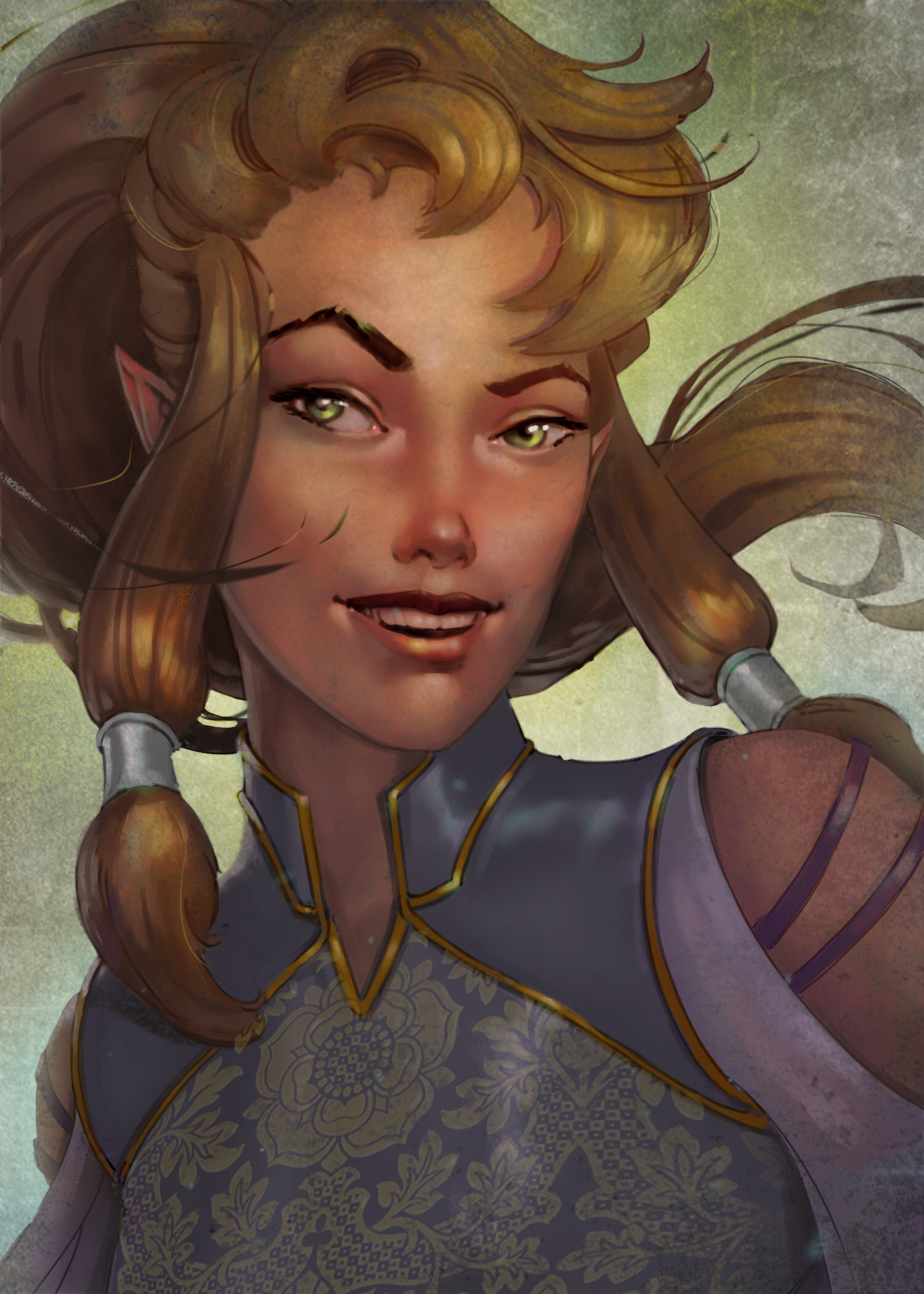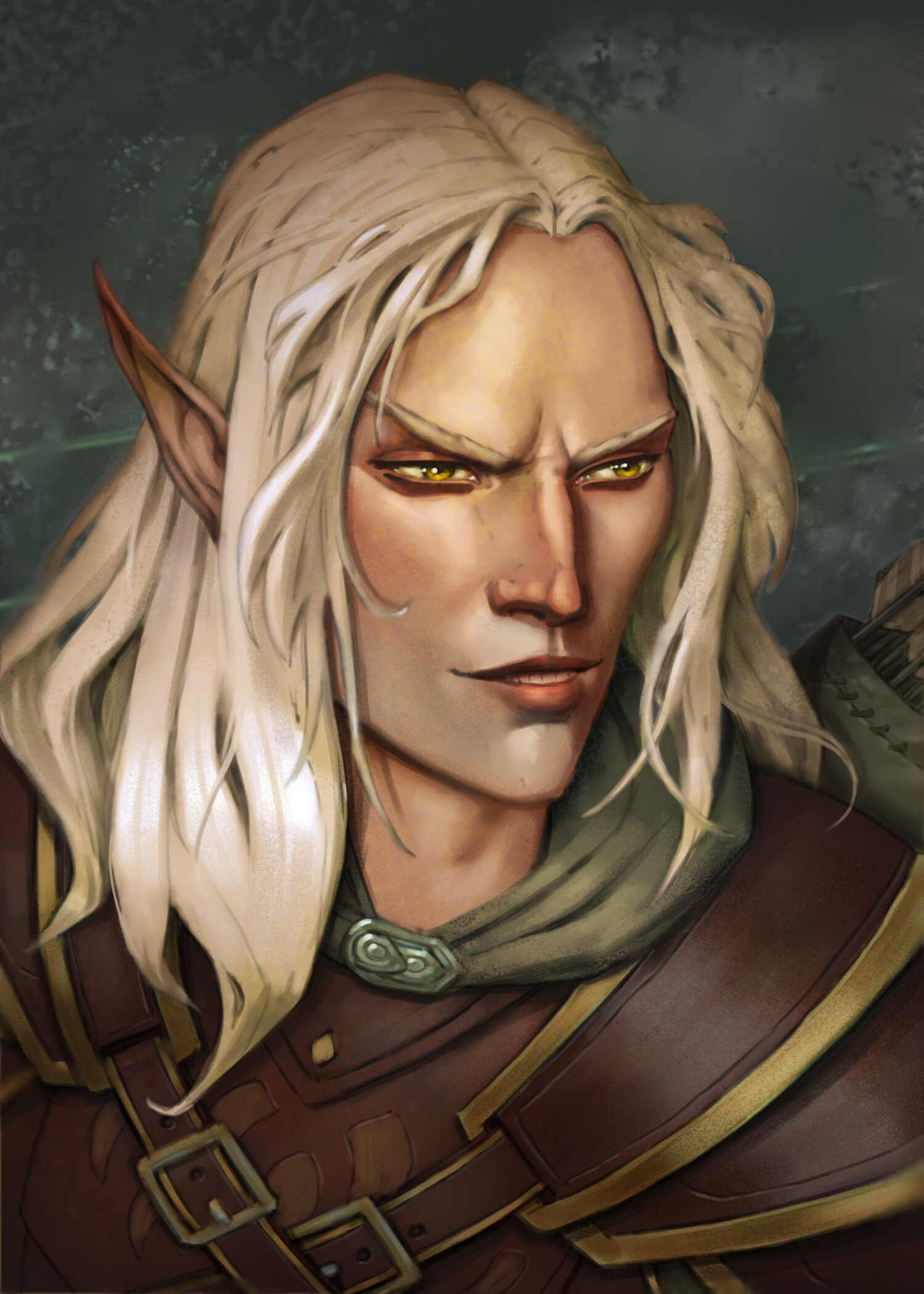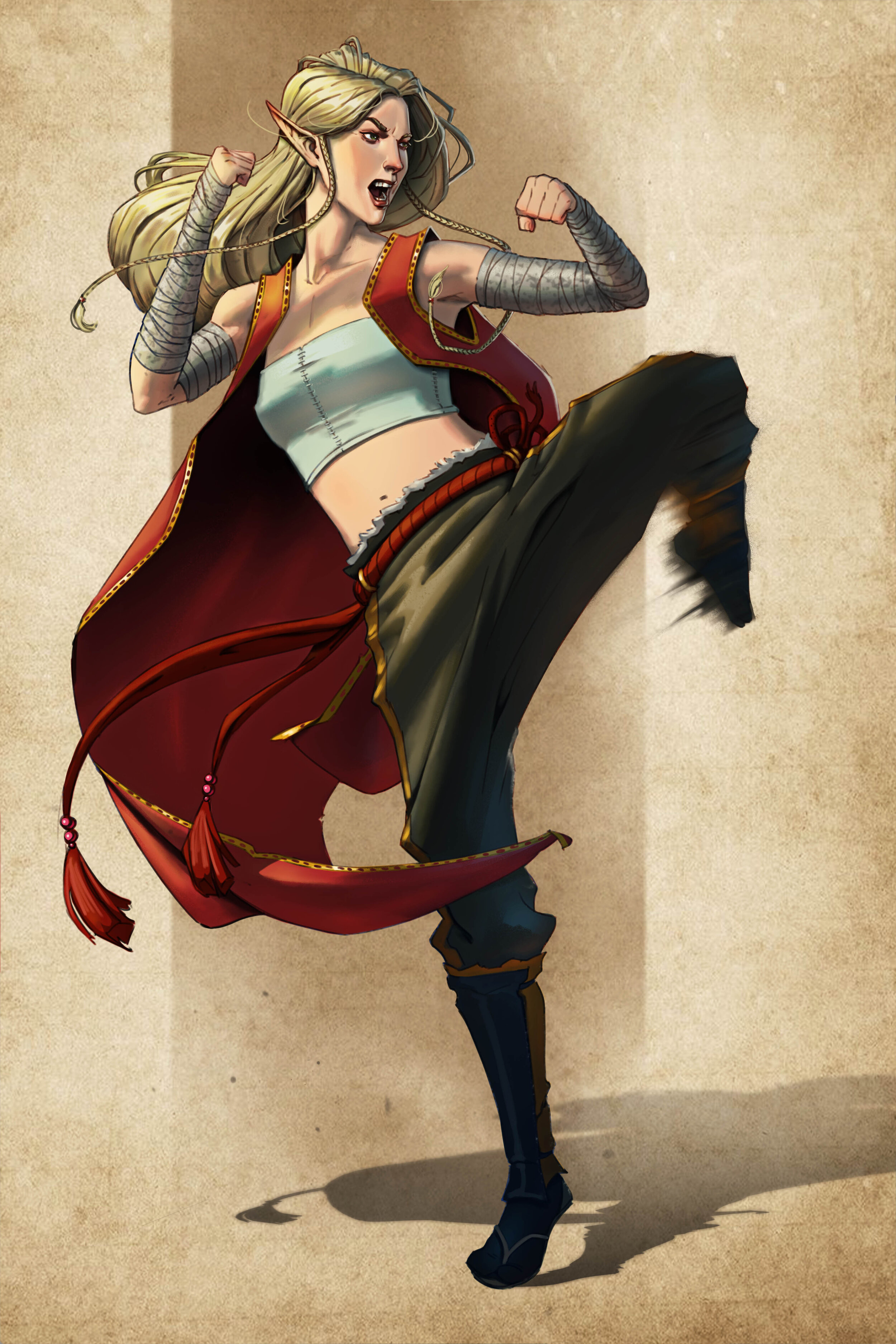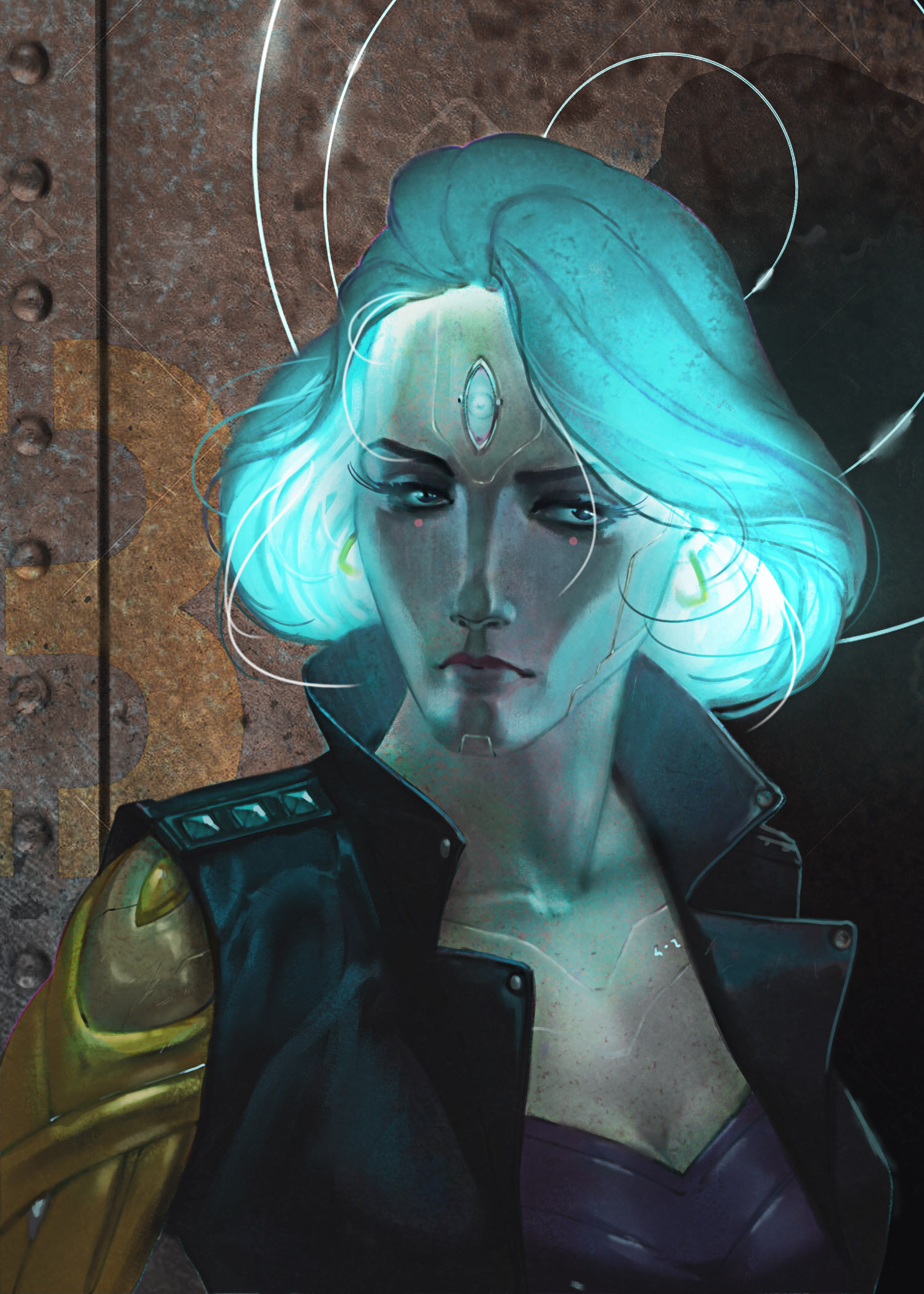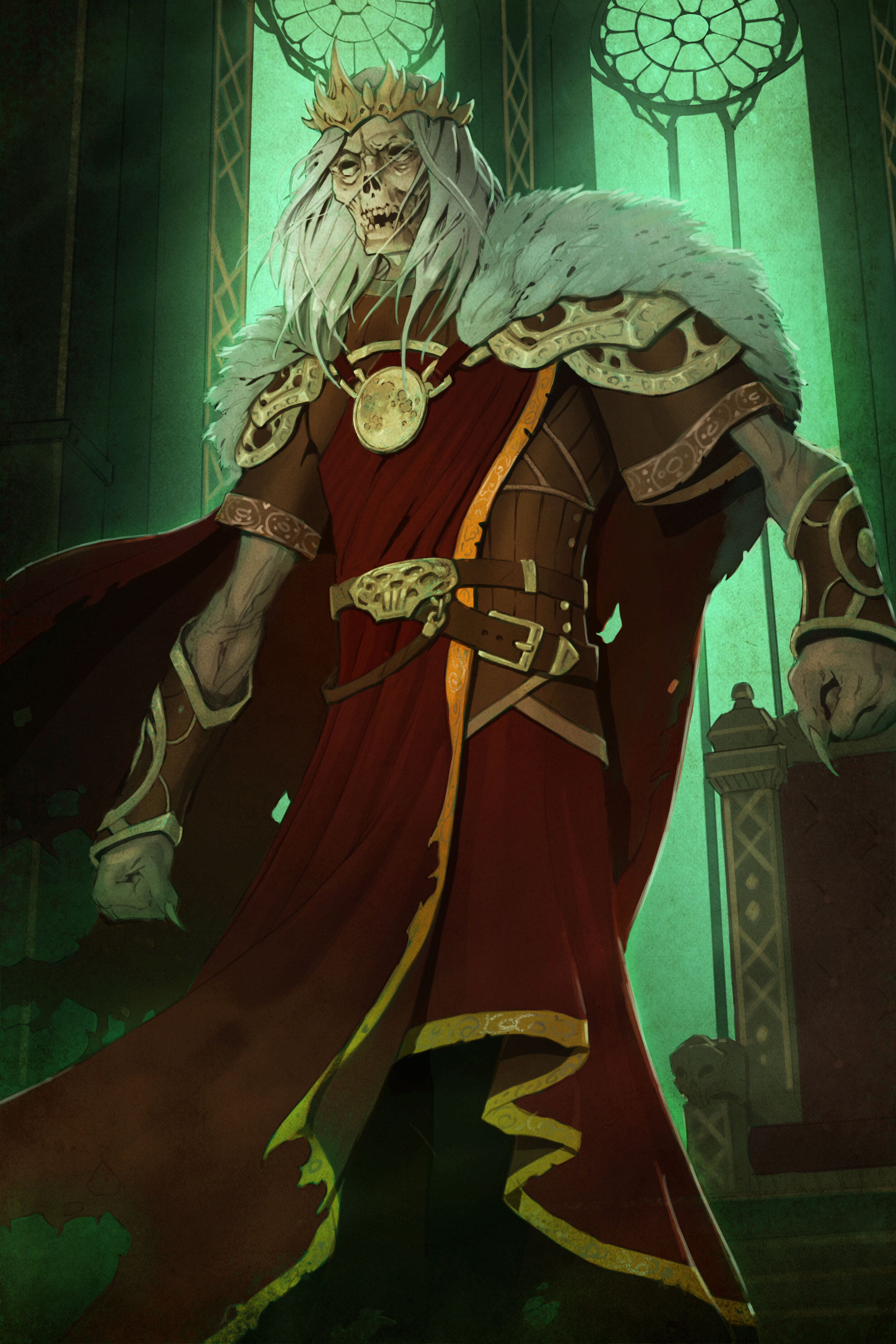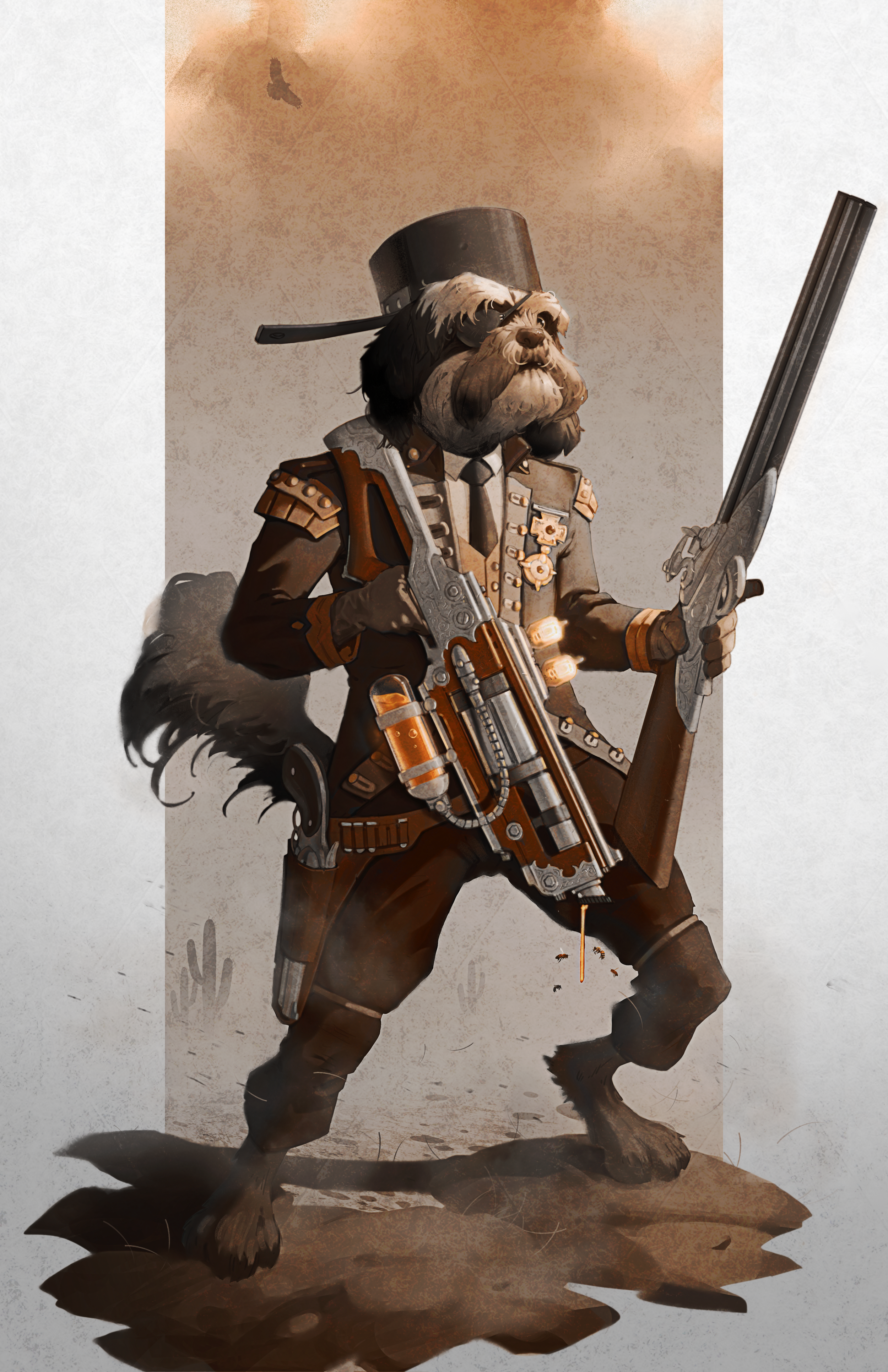How To Become a Tattoo Artist: Actual Professional Advice
/I have come across a ton of material online that attempts to explain how to become a tattoo artist. Unfortunately, most of it is inaccurate or incomplete, and a lot of it isn't even made by actual tattoo artists.
Becoming a tattoo artist is a long road, and there are no shortcuts. It requires total dedication to tattooing as a way of life. You must be certain this is the career path you want. If it is something you truly and deeply want, I promise you will get there.
As you are reading, I want you to have this question in the back of your mind: "Why do you want to be a tattoo artist?". It's ok if you don't have an immediate answer, but you should answer that sooner than later. This leads us directly into step #1 on the list::
1. Start Thinking About What You Have to Offer
Tattooing is an industry of relationships. If you go into this process looking for what you can get from other people, you will find more closed doors than open ones. If you instead go in with the mindset that you want to be valuable to the people you meet, then you will find more doors opening that you can imagine, including ones you never even would have known to look for.
Think of the process of becoming a tattoo artist as one of developing relationships rather than one of trying to network your way into opportunity. One mindset is about making friends. The other is about taking advantage of situations and people.
You might think this is self-evident and shouldn't even need to be said, but it does. You would be surprised at how frequently I encounter people who only look for what they can get. Even with the BEST intentions, you might fall victim to your own impatience and push too hard when you should have been listening.
Last word of caution: If your immediate response to reading this is "well, I'm not like that!" you probably need to be all the more careful.
2. Meet Tattoo Artists and Ask Questions
This used to be very hard to do outside of tattoo shops, but times have changed, and there are now many more places you can start meeting tattoo artists. Some will be more open than others to talking to you and answering your questions. Be respectful and patient, and don't be pushy!
Social Media Platforms
Just about every tattoo artist has at least one social media account these days, so there is no shortage of opportunities to meet tattoo artists and talk to them about their professions. When the opportunity presents itself, ask about what they love about their job and what they hate. Ask why they wanted to become a tattoo artist. Ask all the questions that can help you figure out if this will be right for you. Here are some excellent ways to meet tattoo artists online:
Twitch. There won't be as many tattoo artists on twitch as there are on other social media platforms, but honestly, I think it's the best place to meet nice people who are open to answering your questions and giving feedback. It will also be the easiest place to have conversations and get to know someone. Some channels I would highly recommend are:
You're also welcome to stop by and say hi whenever I am streaming as well. Find my Twitch channel here: joby_dorr
Instagram. Just for sheer numbers, Instagram will be the best place to find lots of amazing artists. Once you find one, click on their pictures to open the comments section and scroll through the people commenting. Many of them might be artists themselves, and once you follow a few of them, Instagram will recognize your interest and start recommending new profiles for you to follow.
Twitter. Even though there are probably more tattoo artists on Instagram, it's probably going to be easier to have conversations on Twitter. Two hundred character limits make it difficult to get too deep, but it's enough to start scratching the surface and getting to know some artists. You can easily search for artists you like or search keywords and hashtags to find new ones.
Youtube. Anyone can be on YouTube, but just being on YouTube doesn't make someone a great source of information. Be very wary of people that are trying to give lessons about tattooing on YouTube. Tattooing is not something you can learn at home watching videos, so don't be fooled by anyone trying to provide you with that sort of information. Youtube is probably the least personal of all the social media platforms, so it's not a great place to meet someone and have a conversation.
Tattoo Conventions. Obviously, this is a little tougher in the age of COVID, but soon enough tattoo conventions will be back. There is likely at least one convention in your area, and they are a great place to meet tattoo artists. Most of them will be very busy when they are at their booths, but the beer garden and other social gathering areas at the con will be a great place to mingle and start conversations. Tattoo artists travel to conventions, so you will meet many artists from other locations, which can be helpful if it turns out you have to move to find an apprenticeship.
Get tattooed. …need I say more here?
Be respectful. These are slowly evolving relationships, not instant bff. Try and resist the temptation to abuse the ease of access. Treat the encounter the same way you would with a real person you are trying to get to know. Act casual, open up with compliments, and ask questions about THEM. Hold off on talking about yourself as long as possible. Whatever you do, DO NOT start off asking them to help you learn how to tattoo. Let things happen naturally. If you feel like you are in a rush, that's a sign to slow down and step back.
3. Learn How to Improve Your Art Skills
Notice I said "learn how to improve your art skills," not just "improve your art skills". I say "learn how to" because when your path is self-guided, it is essential to learn how to learn. Then you will not be solely reliant on teachers to tell you how to improve, even though mentors are crucial. Developing this discipline for self-guided improvement will make you more appealing as a candidate for future tattoo apprenticeships.
There are dozens of ways you can improve your art skills. A complete list of them is beyond the scope of this article. I have written other articles on this subject, which you can read by clicking here and here. Even though I can't spell out an entire curriculum for self-guided artistic development, I can give a helpful overview.
Learn the fundamentals. The fundamentals are the building blocks of all art. Knowing what they are and how to study them is virtually all you need to improve as an artist exponentially. Focus on each fundamental as its own area of study rather than by learning all of them at once with aimless drawing or painting. By analyzing the individual components of art and focusing on them separately, your improvement as an artist will be more efficient and rapid.
Keep a sketchbook. Get a sketchbook that is large enough to do a decent sketch in and small enough to carry with you wherever you go. Alternatively, have multiple sketchbooks! Keep one at home and then have small portable books you carry with you when you are out. This way there is always something to draw on. Whenever you have a free moment, take out a little book and do a doodle or quick sketch.
Draw as much as is possible. I don't want to advise over-working yourself. I don't want to see you burn out, but if there is one thing less experienced artists underestimate, it's how much time and effort goes into developing a top-notch set of skills. So just draw as much as you can without hurting yourself. If you ever don't know what to draw, then just draw whatever is in front of you. Drawing from life is the best way to improve your artistic skills anyway. Click here to read an article I wrote all about getting ideas and inspiration.
Learn motivation. This might not be something you have a problem with, but many artists deal with resistance and procrastination and it is something you can overcome. Click here to read an article I wrote about how to develop a lasting drawing habit. Developing this skill will help maintain a regular drawing practice, but it will help in the rest of this process. If you can develop good momentum if one area of your life in becomes easier in all the rest.
Study artists you admire. Aside from rapid, efficient improvement, the most significant benefit of learning and studying fundamentals is that you will develop the ability to recognize the things that make great art. This will allow you to study the artists you admire and analyze why they made certain decisions and why they work. Then you will be able to incorporate those lessons into your work, further speeding your advancing development. Click here to read an article I wrote about the 7 elements of art and how they help us learn from studying others' work.
Study tattoo art. Knowledge of tattoo history will be of great value. Study the great artists, study the major styles. Learn what makes a good tattoo design. Begin trying to develop your own tattoos using the traditions and compositions you study as resources and inspiration. Studying tattoo art is an excellent subject to talk about with other tattoo artists you have met. But remember, don't be pushy!
Get as much feedback on your work as possible. As you meet tattoo artists and get to know them look for opportunities where you might be able to get them to look at your work and give you feedback. You also don't have to limit yourself to tattoo artists. In all of the places I mentioned being able to meet tattoo artists, you can meet many different types of artists. You can also click here to join my Discord, where I have a channel just for posting art to get feedback. Every Friday on my Twitch stream I review art posted there and give feedback.
4. Build a Tattoo Artist Portfolio
As you are steadily growing your art skills, you should also be steadily building a portfolio. It doesn't have to be one specific medium, but it should showcase your best work. Developing feedback is one case where feedback is vital. Feedback and critique are essential parts of creating your best work and developing a discerning eye for what should or shouldn't be in your portfolio.
Put your best work up front. Put your best foot forward and have your strongest work in the front of your portfolio. it might not be the most recent work but it should show off all your strengths.
Professional presentation. How you show your work is almost as important as the work you are showing. Having a clean, professional hard copy of your portfolio shows that you take the art seriously. Here are some great ways to present your portfolio
You can buy print-on-demand books for relatively cheap. This is a great way to present your artwork. It looks very professional, very durable, and allows for another layer of creative expression in the way you choose to layout the images.
Make sure the focus is on the art. Don't make your portfolio too distracting by adding a lot of things besides the art you want to show. Funny doodles, captions, sketches, etc., should all be kept to a bare minimum. If you have anything else on the page with the art, it should support the art, not distract from it.
Don't rely on Instagram or other Social Media platforms to show your work as a portfolio.
Just like for the art itself, it is important to get feedback on your portfolio. Feel free to reach out if you ever want input from me.
Include tattoo designs. I've seen many portfolios from apprentice hopefuls that had no work in it that showed they had ever actually studied tattoos. You might have a ton of great artwork but we need to see that you are taking the time to try and learn the actual art of designing a tattoo. There are a whole other set of rules for that kind of art. What are you doing to try and figure that out on your own?
Include variety. As much as we want to see that you are trying to understand tattooing, we also want to see that you know artistic principles in general. If all you do is copy tattoo designs, you're not learning anything that will help you grow as an artist. Include some prints of all the other mediums you work in, and make it your best.
Don't overthink it. When I say "make it your best," I'm not saying "make it as good as the best artists you know." It's ok if you are early in the development of artistic skills. You don't have to be Michaelangelo; we just want to see that you are working your butt off and taking it seriously.
5. Get an Apprenticeship
This step is so important I wrote a whole separate article dedicated to this step alone. Please click here to read that article.
Do not try and skip this step. You might think you can teach yourself how to tattoo at home, and if I'm totally honest, that might be true. But why would you want to do that? However hard you think getting an apprenticeship will be, however long you think it will be, teaching yourself is not a shortcut. You will teach yourself a million bad habits you will have to unlearn while putting your health and the health of others in great danger. Why take that risk?
Show up in person. Whatever you do, DO NOT start by asking for an apprenticeship via email or social media DMs. That is a guaranteed "no" response. You will have to do the real networking through hard work and trial and error, but there are many things you can do to drastically increase your odds and make yourself look like an appealing candidate.
Get tattooed. Ideally, an apprenticeship will be something that will grow out of a naturally formed relationship. In other words: from actually making friends. The best way to meet and make friends with tattoo artists is to get tattooed. Find highly experienced artists in your area whose skill you admire, and get tattooed. The best apprenticeship experience will be at a reputable shop with an artist whom you respect and who will respect you.
Be patient. When you start getting tattooed, do not open your first conversation by talking about how you want to be a tattoo artist. That conversation will inevitably happen if you stay calm and just be yourself. Ask a lot of questions first. Get to know your tattoo artist like you would any other person you are making friends with. There is no guarantee that you will hit it off with the first tattoo artist you meet so, this might take many visits to a lot of different tattoo artists.
Look for ways to make yourself useful. If things are going well while you are getting tattooed and you have hit it off well with a friendly artist, keep your eyes open for ways that you can show your enthusiasm and be of service. The best thing you can do to increase your chances of being offered an apprenticeship is to show that you have something to offer. Your best bet is not to just ask if there is anything you can do but take the initiative. Observe the shop as it functions and make notes of what is happening and when. Look for places where you might be able to step in and do a job.
Look for opportunities to show your enthusiasm. If you have gotten far enough into a shop that they have started letting you mop and take out the trash, it's probably ok to start asking questions. You still don't want to be overly pushy about this. Let the opportunities present themselves naturally and ask questions as they seem appropriate. Take notes and observe everything. There may be opportunities for you to show that you have been picking up on things just by watching and asking questions, and this will prove your value.
Be prepared to move to a different city. There is the possibility that you may not find an apprenticeship in the place where you first start looking. Maybe there just aren't that many options and. Perhaps the opportunities you do have end up being a bad fit. Maybe the experience and skill level of the artists in your area are relatively low. If this is something, you truly want, you might have to look in different cities. This might be something you can plan ahead for. Research your options as much as you can ahead of time. See Step #2 for finding better opportunities.
6. Get a Tattoo License
This part of the process will be included in your apprenticeship but it is worth mentioning here for a couple of reasons.
Being prepared in advance. Most states require a license of some kind. It's important to know what those regulations are in advance so you can save a lot of time and headache learning about these in the future. If you can bring the information about this process with you to your apprenticeship, you will show initiative and your mentor will be impressed if you are self-sufficient when it comes to taking care of your own paperwork.
Legitimizing your business. You might be reading these articles and still insisting that you don't have to get an apprenticeship and that you can teach yourself to tattoo. If that is the case, at least you can inform yourself on what your state requires for health and safety. If you can cover at least that much, you will be light years ahead of every scratcher who hasn't learned this information. It might also save some lives since you will be that much less likely to give someone hepatitis.
Here is a table of regulations by state. This information is subject to change by jurisdiction so be sure to confirm the accuracy of this information.
7. Learn the Business of Tattooing.
During your apprenticeship, you may have received a lot of experience in the day-to-day maintenance of a tattoo shop and if you are observant, you will pick up on a lot more than what is explicitly shown to you. Even still, there are many business skills you may not receive close guidance on but are crucially important to being self-employed.
Bookkeeping. If you want to be a good business person, then good bookkeeping is a must. It's not always immediately apparent what the best way is to track your income and expenses. Learning to budget is a skill all its own, and the sooner you develop a process for this, the better.
Marketing. As a tattoo artist, you are essentially self-employed, and you should learn to be self-sufficient. Don't ever rely on others to generate business for you. Learn how marketing works, how it applies to tattooing, and, as a tattoo artist, what you should be doing to generate new clientele, make them happy and keep them loyal.
Business classes. Some business practices will be specific to tattooing, but many other skills are universal must-haves. It would be time and money well spent to invest in a few courses on business practice. The skills you will receive in a class like this will pay for themselves extremely fast. Click here to see some options for online resources.
Click here to listen to past episodes of Art Condition, a podcast I co-host that is made for artists with an emphasis on business and marketing. It's not tattoo industry-specific, but there is a wealth of information from interviews with dozens of professional artists that will help anyone in the business of making art.
8. Travel
Once you have gotten your foot in the tattoo industry door and are a full-time artist, one of the best things you can do is travel and explore. Traveling and working at tattoo shops in far-off locations will yield a host of benefits.
Honing your skill. When you are a guest artist at a different shop, you don't always have the luxury of appointments for custom pieces. You will have to design on the fly, maybe even within a few hours of meeting the person you are going to tattoo. If the tattoo shop you are visiting is a high-paced street shop, you will learn speed and efficiency. This will make your skillset solid and reliable, allowing you greater versatility in different work environments.
Inspiration and motivation. The worst thing you can do for your career is to become complacent. When you travel, meet new artists, see new places in the world, you are filling your inspiration bank. You are feeding your brain what it needs to design great new concepts, learn new skills and become a stranger, more confident tool for creation.
Working vacations. Getting paid to travel the world and see new places. What more do I need to say?
9. Pay Your Dues
This might sound trite, but there are some valuable lessons to learn even after you have been set free on the public to tattoo at your discretion.
Humility. even the best of us can succumb to the thrill of having been let into a secret club and given rare knowledge, and this might lure you into a false sense of importance. Stay humble. If possible, try to remain at the shop where you apprenticed for a reasonable length of time. Many shop owners will require that of their apprentice regardless, but make it a happy experience by acknowledging that you still have a long way to go and everyone is still learning in some way.
Respect. No one expects you to kiss feet and polish doorknobs forever, but there is a good reason why it's important to show your appreciation for what you have been given. You have recieved the golden ticket. You can now work anywhere in the world where there is electricity. The only limit to your success is your own ambition. It's ok to remain grateful for this opportunity and remind yourself now and then that you are one of the lucky ones.
Can I Be a Tattoo Artists if I Don't Know How to Draw?
Hypothetically this is possible, but the limits it will place on your career will be extreme. Suppose you choose to develop no artistic skill before getting an apprenticeship or learning how to tattoo. In that case, you will severely inhibit the number of opportunities for yourself in the future. Without artistic ability, you are better off in any number of jobs that don't require it.
Is Tattooing a Good Career?
There is a very positive outlook for the future of tattooing. According to the U.S. Bureau of Labor Statistics, all craft and fine arts-related jobs are expected to grow 1% between 2018 and 2028. That rate is about the same for most careers, which shows a strong market for people consuming art and tattoos among them. A tattoo artist's opportunities in the tattooing industry may be limited by their skill level, business sense, and marketing know-how, but ultimately, the only thing that stands between you and success is your own ambition.
Aside from job stability, there are a lot of other benefits to tattooing for a living, including a great deal of freedom both artistically and geographically. You can travel and work anywhere there is an electrical outlet, which means a vast number of travel and adventure opportunities while earning money.
Tattooing is a lifestyle choice as much as a career choice, so you should only consider tattooing as a promising career if you are passionate about it and willing to commit yourself completely.
How Much Do Tattoo Artists Make?
There is no standard tattoo salary. Tattoo artists generally charge by the hour, and hourly rates vary from region to region. If you live in a developed western country, you should not be charging less than $100 an hour (USD equivalent), and in larger metropolitan cities, the going rate will be closer to $150 - $200 an hour.
The typical financial arrangement between tattoo artists and the shop they work at is for the artist to directly receive payment for the tattoo and then pay a percentage of the tattoo price to the shop. Most commonly, the rate paid to the shop is 40%. It is not uncommon for a freshman tattoo artist to only make 50% for the first 6 months to a year after their apprenticeship has ended.
Are Tattoo Schools Worth it?
Please click here to read this in-depth article I wrote about tattoo schools. In short: The vast majority of tattoo artists in the industry scoff at these schools, do not take their curriculum seriously, and will not hire artists who possess a "diploma" from one. The likelihood that you will be taken advantage of or just plain ripped off is much greater when paying for a tattoo school or other types of courses.
It is next to impossible to teach someone the tattoo skills, the art skills, the health and safety measures, or the business of running a tattoo shop without many months or years of practice and guided hands-on experience. These are things a tattoo school can not offer you.
If you can be patient, cultivate a real relationship with a master tattoo artist, and learn slowly and methodically, I promise your chances of long-term success are 100 fold greater than what you will find in any tattoo school.
Thank You For Reading, and I Wish You the Best
If you ever want to ask questions or discuss anything you read here please feel free to reach out through the contact page or visit my Twitch channel and ask me anything in real-time! I stream Wednesday-Friday 10 am-3 pm PST.
I also co-host a podcast for artists called Art Condition where we discuss the business and mindset for artists. Click here to see past episodes and subscribe on your favorite platform.









